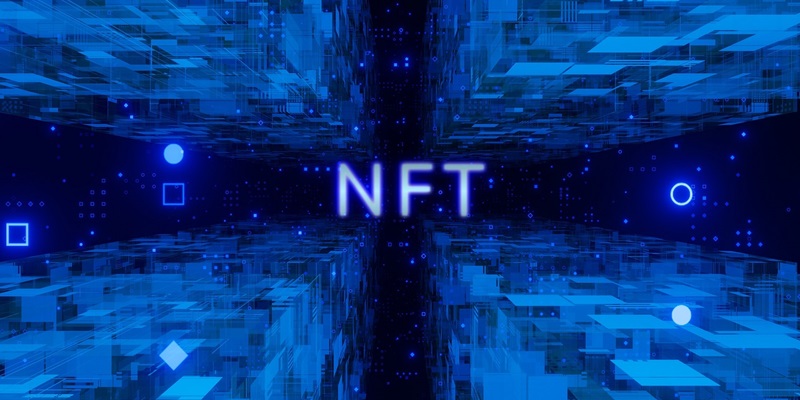The rise of Non-Fungible Tokens (NFTs) has revolutionized the concept of digital ownership. These unique digital assets represent ownership of specific items or pieces of content, offering proof of authenticity and ownership thanks to blockchain technology. In this article, we delve into the distinctiveness of NFTs, their impact on digital ownership, the empowerment of content creators, the emergence of dedicated marketplaces, challenges and concerns, their influence on the gaming industry, cultural significance, and the collaborative efforts shaping the future of this transformative revolution.
Introduction to NFTs and their unique digital asset representation
NFTs are digital assets that leverage blockchain technology to authenticate and track ownership. Unlike cryptocurrencies, NFTs are unique and indivisible, representing a specific item or piece of content. This uniqueness makes them highly valuable and sought after in various industries such as art, music, collectibles, and virtual real estate.
Explanation of NFTs’ distinctiveness and proof of authenticity through blockchain technology
Blockchain technology provides a decentralized and transparent ledger, ensuring the authenticity and provenance of NFTs. Each token carries a unique digital signature or “smart contract” that verifies its authenticity, ownership history, and any associated terms and conditions. This transparency has brought a significant level of trust and security for both creators and buyers.
NFTs have transformed the concept of digital ownership by eliminating the issues of replication and duplication that plagued the digital world. NFTs allow creators to establish scarcity and uniqueness in the digital realm, enabling them to assign value and ownership rights to their work. This paradigm shift has sparked a new era where digital assets, previously easily copied and shared, can now be owned and monetized.
The empowerment of content creators through NFTs allows them to retain control and receive fair compensation. NFTs provide content creators with unprecedented control over their work. By minting their creations as NFTs, creators can establish ownership rights and set royalty mechanisms that ensure they receive compensation each time their work is sold or traded. This gives artists, musicians, and other creators the ability to create sustainable revenue streams and retain control over their intellectual property.
The emergence of dedicated digital marketplaces for buying, selling, and trading NFTs has been a direct result of the popularity of these unique tokens. Marketplaces such as OpenSea, Rarible, and SuperRare provide a platform for creators to showcase their work and connect directly with collectors and buyers. These platforms have democratized the art world, allowing emerging artists to gain recognition and monetize their creations.
Challenges and concerns associated with NFTs, particularly environmental sustainability
Despite the undeniable benefits, NFTs have faced criticism regarding their environmental impact. The energy consumption of blockchain networks supporting NFT transactions, particularly those using Proof of Work algorithms, has raised concerns about sustainability. However, there are ongoing efforts to explore more eco-friendly alternatives and improve the sustainability of NFTs.
The significant impact of NFTs on the gaming industry
NFTs have also made significant inroads into the gaming industry, enabling players to own and trade in-game assets. This has created new opportunities for gamers to monetize their skills and investments. NFT-enabled games like Axie Infinity and Decentraland have gained massive popularity, demonstrating the potential for NFTs to revolutionize the gaming landscape.
The cultural significance and influence of NFTs
NFTs have had a profound cultural impact, facilitating the discovery and promotion of emerging artists, musicians, and creators from diverse backgrounds. NFTs have also sparked discussions around copyright, ownership, and the digital art market, challenging traditional notions of value, ownership, and distribution.
The collaborative efforts between artists, technologists, and enthusiasts are crucial in shaping the future of NFTs. Artists experiment with new mediums and ideas, technologists develop innovative applications, and enthusiasts contribute to the growth and adoption of NFTs. Together, they contribute to the evolution and maturation of this transformative technology.
Non-Fungible Tokens (NFTs) have ushered in a new era of digital ownership, empowering content creators and transforming various industries. These unique digital assets, backed by blockchain technology, provide proof of authenticity and ownership in a transparent and secure manner. Despite challenges and concerns, NFTs offer exciting opportunities for creators, traders, and investors.The cultural impact and ongoing collaboration between artists, technologists, and enthusiasts will continue to shape the trajectory of this transformative revolution. As NFT adoption and innovation continue, we can expect further disruptions in the digital realm and beyond.

